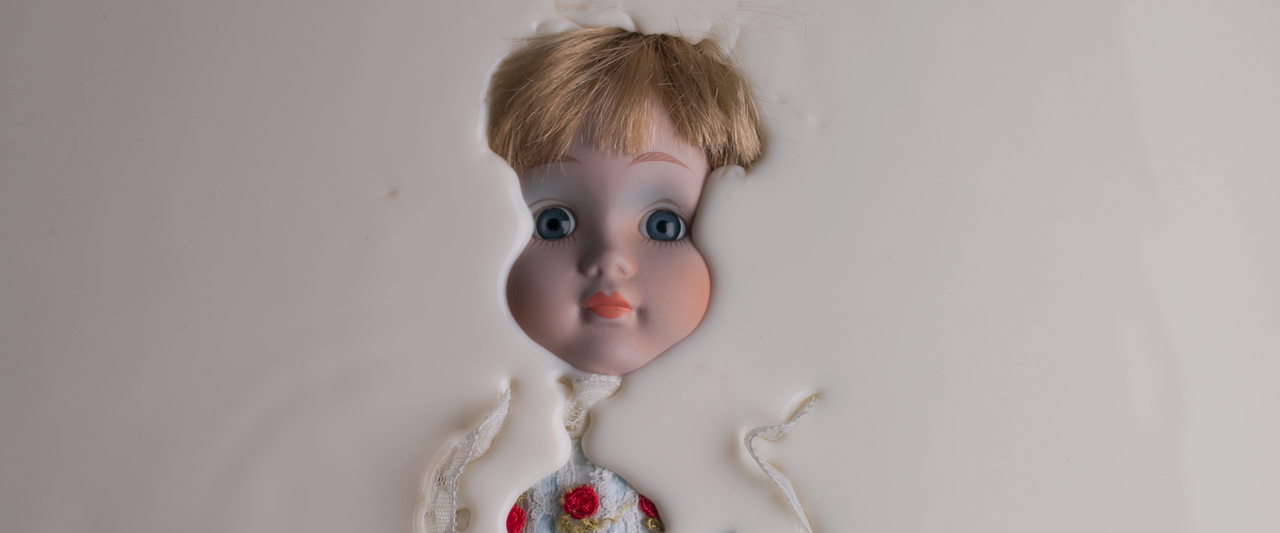In the West-Rand of Johannesburg, South Africa, in a large mountainous region, is a town named Krugersdorp. The quiet, remote and underdeveloped area has gained notoriety as the site of several horrendous cult related murders.
In a country with some of the highest violent crime, murder and GBV related statistics in the world, the Krugersdorp slayings stand out as a strange macabre nightmare. Once bustling with exchange linked to the gold route, the former mining town has become derelict, divided along socio-economic lines.
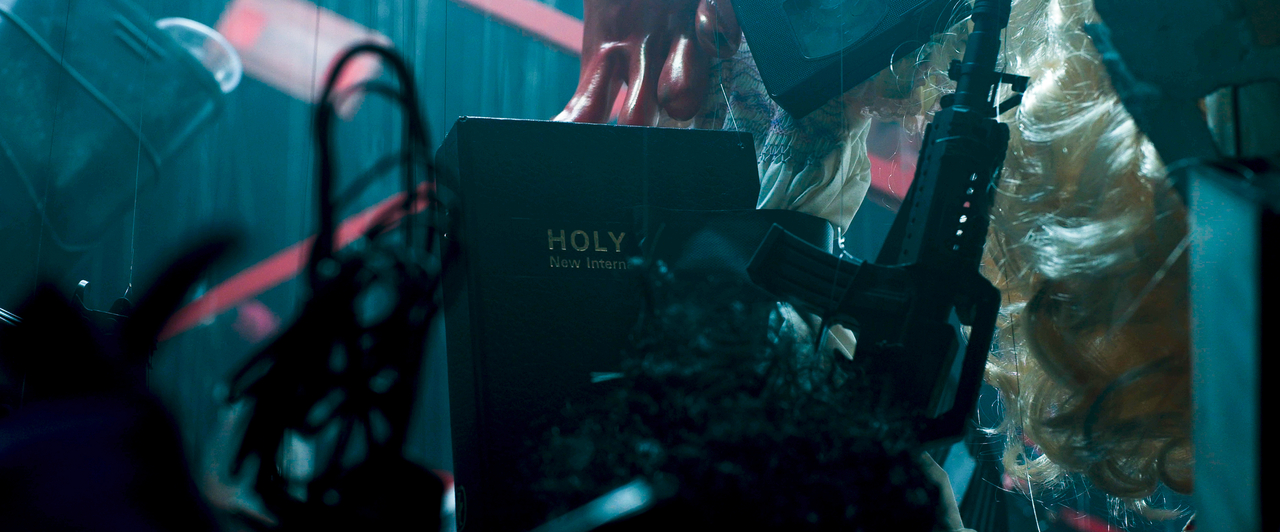
As a former resident of the area, I can only describe the divide in the community geopolitically. The rich and wealthy of the community live on the mountains and hillsides of the area, surrounding themselves with pristine views — and importantly — above the distress and poverty of their fellow town-folk living in relative squalor. Krugersdorp, like many towns in South Africa with an extensive Afrikaaner demographic, is a deeply religious community. Devilsdorp is a testament to how religious fanaticism, paranoia, fear-mongering and delusion can be weaponised against well-intending persons, turning them murderous.
The Showmax original true-crime docu-series, is a first of its kind for the platform as well as the country, and has since — after it premiered a few days ago — become Showmax’s most-watched show. Devilsdorp is a four-part true-crime offering detailing the peculiar circumstances that led to the Krugersdorp killings between 2012 and 2016.
Investigating the murders of the victims of this orchestrated rampage of evil, dubbed the ‘Krugersdorp Satanist’s killings’ by the press, the riveting documentary reveals new information and fresh insight into what led to, and motivated the catastrophic murders of 11 people by a religious cult.
Devilsdorp, expertly narrated by Jana Marx, author of The Krugersdorp Cult Killings: Inside Cecilia Steyn’s Reign of Terror, is an emotional watch. Directed by David Enright, the writing, directing, editing and compelling interview material are the results of an 18-month intensive research process.
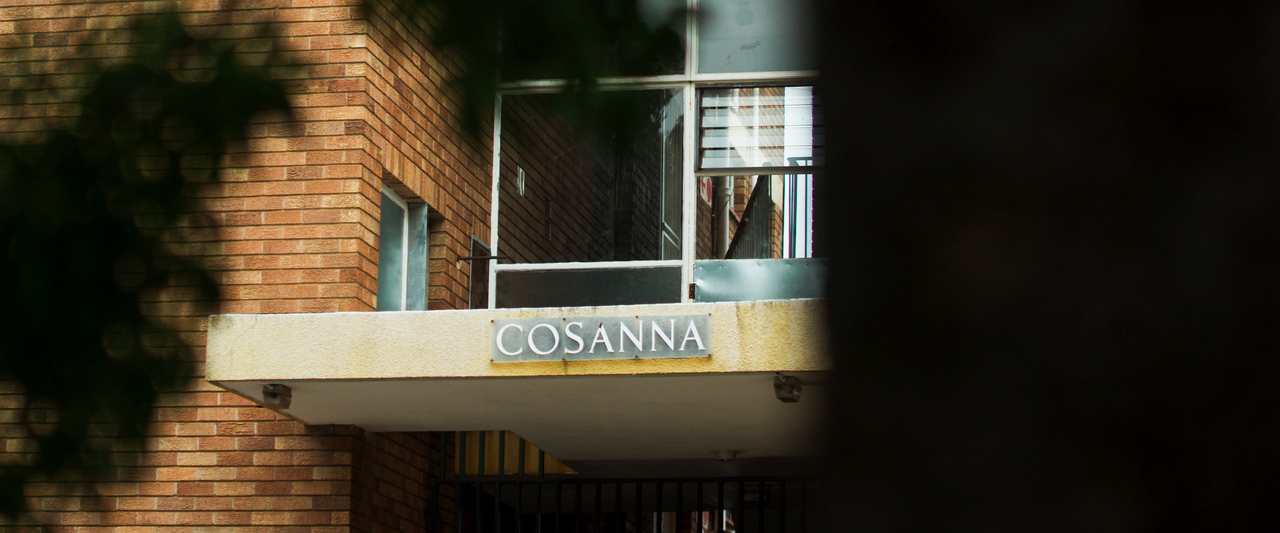
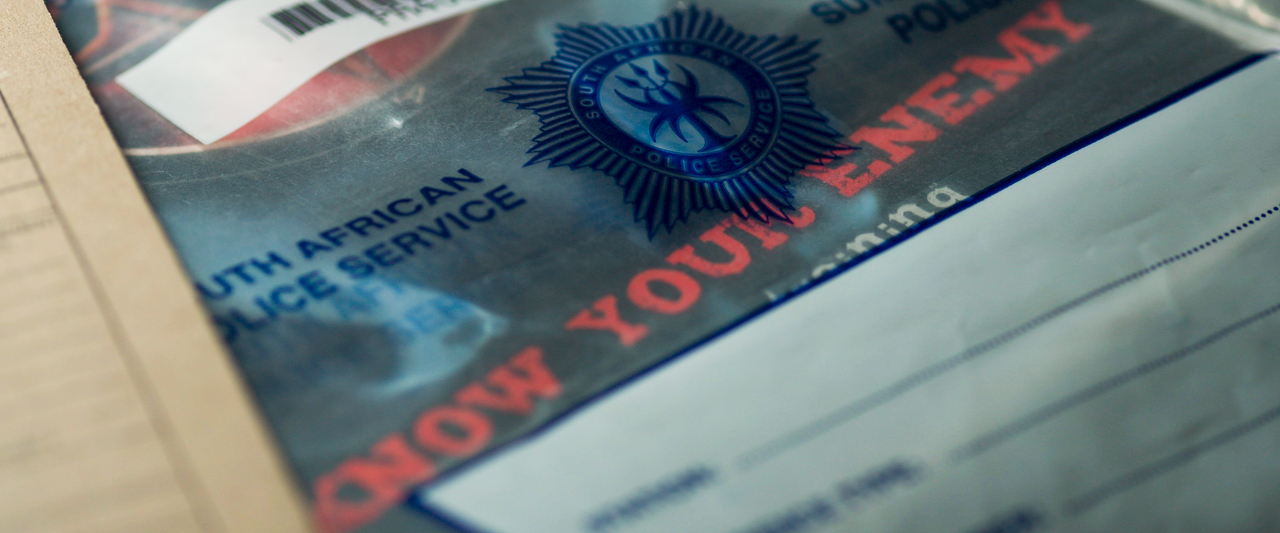
The show’s approach is off-kilter considering the documentary format. It feels as though a reality-tv programme collided with a Hollywood production in a tantalising mash-up. This can be attributed to the high production value of Devilsdorp as well as to its dramatic storytelling devices.
Making use of a non-chronological storyline, the tale is related through the voices of those involved. Ex-members and survivors of the Electus per Deus (Chosen by God) cult formed by kingpin Cecilia Steyn, family members of victims, members of the South African police force assigned to the separate murder cases, a figurehead of the Occult Crimes Unit, dissolved in the 2000s and psychological counsellor F.H. Havinga.
The story is immensely humanised by the inclusion of such voices as journalist Marizka Coetzee who fell in love with convicted murderer, Le Roux Steyn during her investigation of the crimes. Each episode is filled with gripping interview footage that’s enough to make anyone cry as you empathise with the survivors of these brutal attacks.
It seems uncanny that the documentary makers were able to capture such raw and unrestricted emotion from various interviewees including Coetzee, the mother of the murderess and cult victim Mikeila Valentine, as well as the widowed and single mother of their child, Kezia Mc Alpine whose husband Kevin, was strangled to death during a business call in 2016, beginning what was known as the ‘Appointment Murders’; the same place as episode 1, ‘A Time to Die’ begins.
The victims of these murders were financial advisors and estate agents chosen at random and lured to private locations then murdered for financial gain. It is the way in which the show deceives, which makes it so compelling. The plot twists are truly unexpected and will leave you gasping in disbelief. A rare occurrence in a true-crime documentary programme, typically characterised by its factualness and directness.
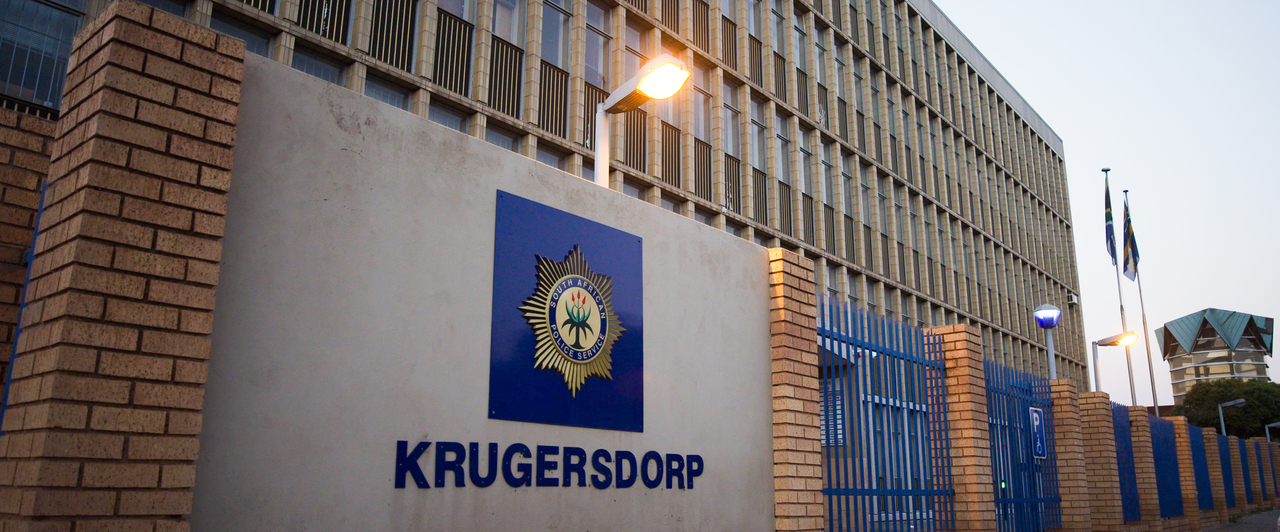
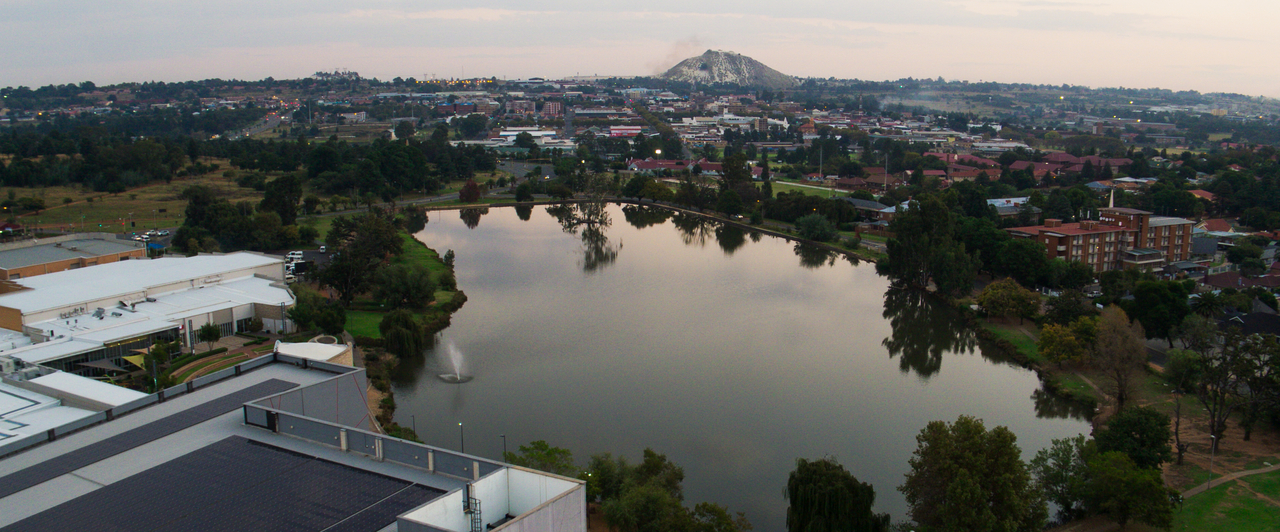
Not Devilsdorp, the narrative is slowly teased out with small nuggets revealed in each episode that leads to the unfolding of unexpected plot reveals and cliff-hangers. One such way that this was achieved, was in the naming and descriptions of interviewees. For example, the naming is often watered down, not containing the nuance of the person’s actual relationship to the cult or their members.
This is seen for example when Melodie van Brakel speaks. She is initially labelled as a “Krugersdorp Resident”. It later becomes clear that Melodie is a survivor of the cult through her association with Overcomers Through Christ Ministry started by Ria Grunewald, the intended victim of these crimes, having escaped their crimes.
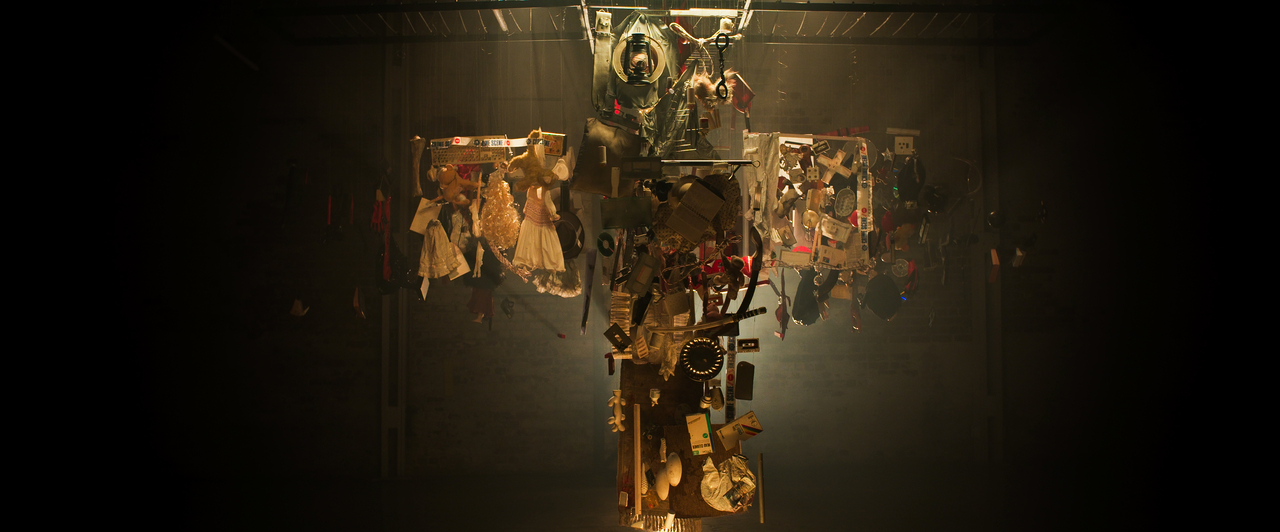
The documentary is excellent and will have you craving for more shock, answers and footage of fake exorcisms. Truthfully scary, the 4 episodes reveal more about the psychological underbelly and emotions connected to these crimes.
This emotional and deeply moving show is unlike any documentary our country has ever delivered and is right up there with the best of the best of true-crime doccies including Making a Murder, Evil Genius, The Ted Bundy Tapes and Night Stalker.
Dramatic, bold, powerful and local, the offering will leave you with more questions than answers. Was Cecilia truly an ex-Satanist or was it all just a lie and part of the deep psychological domination of her subjects? To what extent were the police involved in covering up these crimes?
The world-class documentary is sure to go down in the history books. The only thing that could have made it better, is the inclusion of interviews with the convicted murderers of the cult. Especially Marinda Steyn, whose devotion to Cecilia led to absolute psychosis. Here’s hoping for a second season that will bring this horrifying story to a satisfactory end.
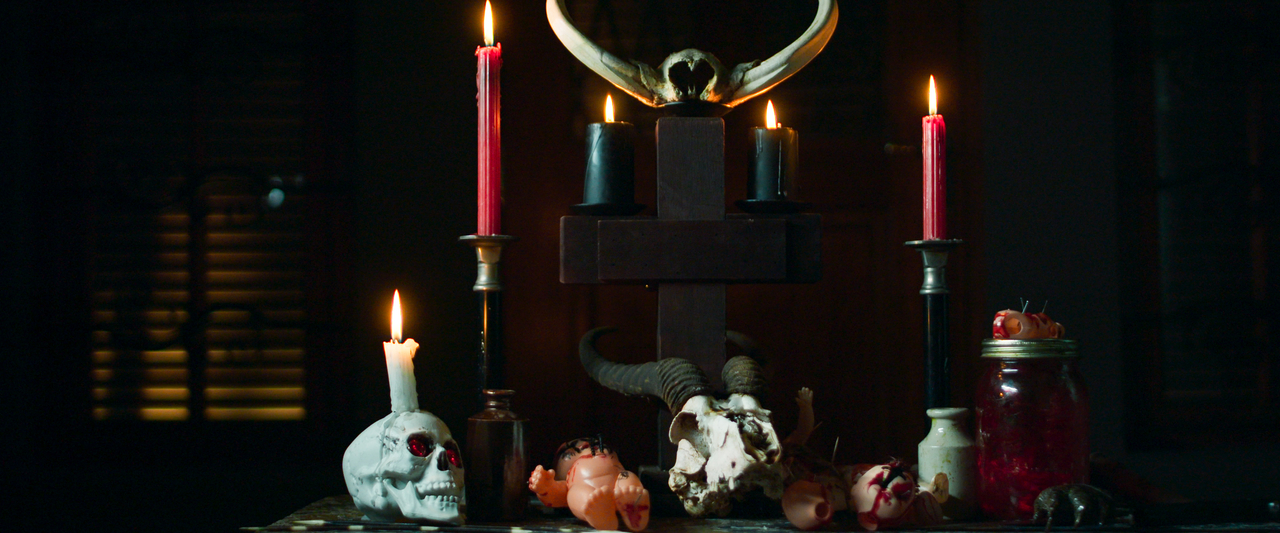
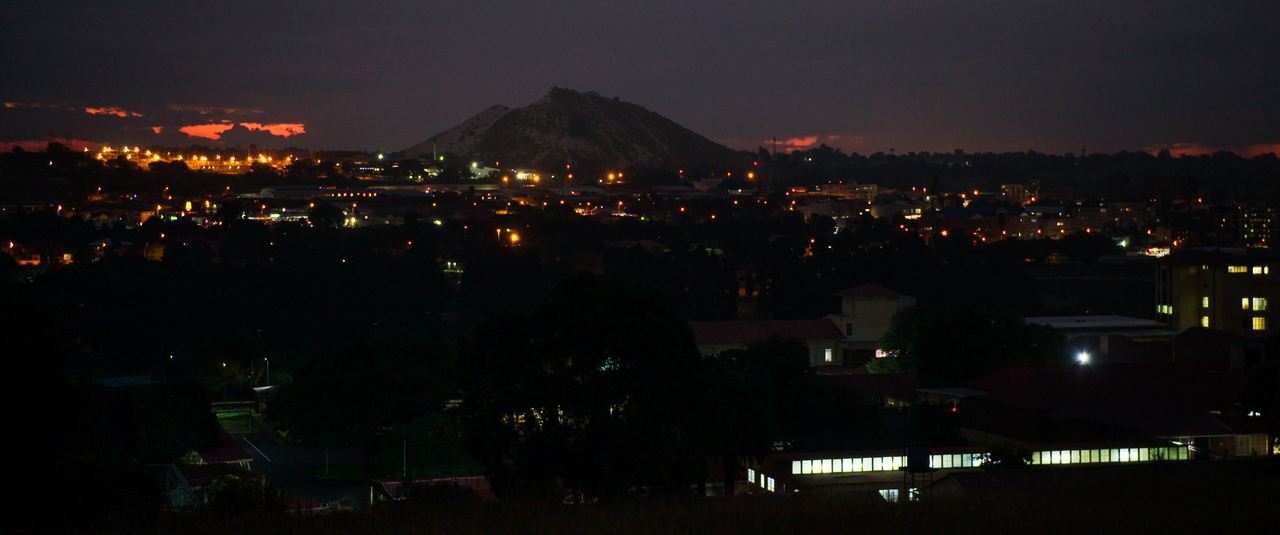
Watch Devilsdorp here!


